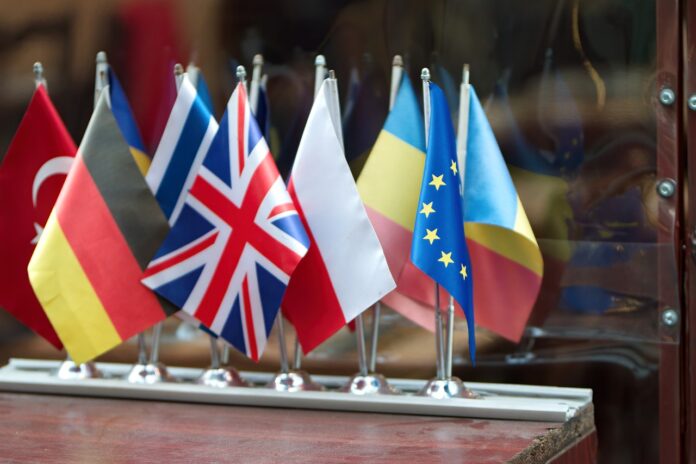It is not a surprise that in Hungary Victor Orban took advantage of the fear of the pandemic to ensure to himself almost total control of the state. Parliament continues to meet as an advisory body, but it’s the big boss who makes choices at the end.
At the Carmelite monastery where this leader decided to set his residence, the faint protests of Von der Leyen do not arrive. The President of the European Commission threatens to take action, but she does not specify which ones.
Poles, Czechs and Hungarians, tightened in the Visegrad pact, know well that the EU has enough problems to solve right now: Brexit, a pandemic, Libyan refugees abandoned at sea and Syrians on the Turkish – Greek border.
Not to mention characters like Erdogan, Putin and Xi Jinping, who rule in countries that have never had great democratic traditions.
However, what should surprise us is the fact that in France, one of the democracy’s fatherlands, president Macron decides to pass his pension reform without the parliamentary vote and despite that the yellow vests have set fire to half Paris.
Well, it is true that in the Constitution wanted by De Gaulle to avoid dangerous legislative stalemates there is the article 49 which provides for this procedure.
Nonetheless, this should only be applied in exceptional cases. Instead, in Paris there is nothing exceptional apart from the rejection of cuts in the social status, or pensions at 67 years as in Italy, or new taxes.
Is democracy in danger? Perhaps not, but sometimes coincidences lead us to think the worst. For example, in december 2019, in London, other birthplace of democracy, PM Johnson attempted to temporarily block Parliament’s work when final decisions on Brexit were to be made.
Historically, it’s almost understandable that in critical circumstances, such as wars, discussions are not the best way to deal promptly with problems. But the Western world is not at war. Or is it? If so, we should ask ourselves what kind of war is it.
It could be a war of planetary globalizers against those who want to preserve their economy and identity. It could be the war between those who devastate the planet – and do not stop even in the face of the warnings of scientists – against those who try to save the saveable.
Or the war between those who do not accept the absurd and growing gap between rich and poor and those who enjoy it widely?








